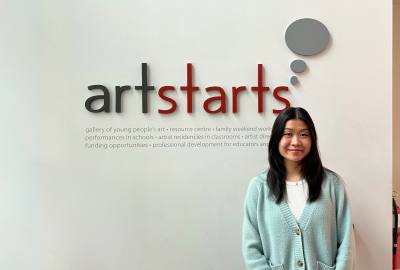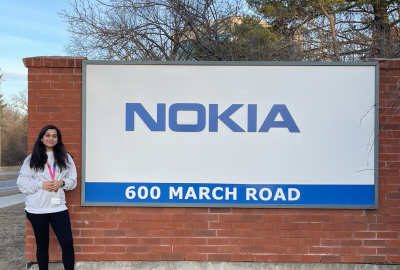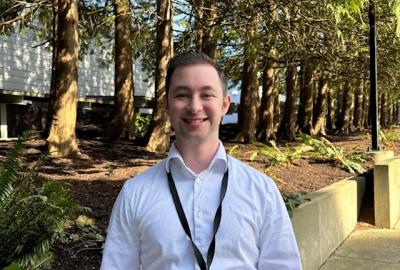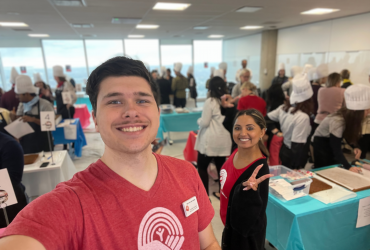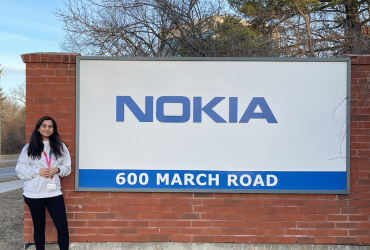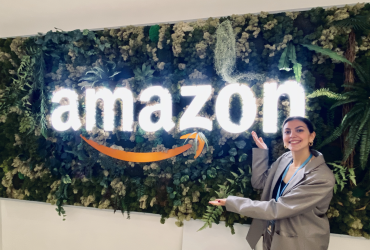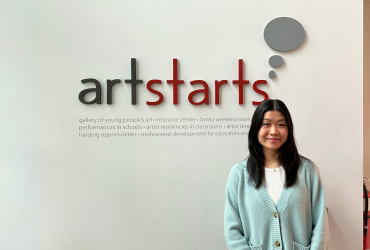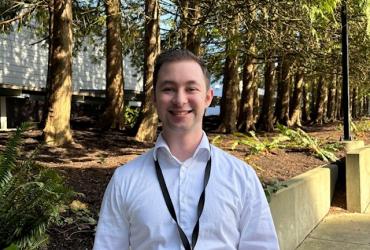Before joining the Co-op program, I harbored numerous concerns. As an international student with English as a second language, I feared my proficiency in both speaking and writing might hinder my work. Additionally, lacking prior work experience, I worried about my professionalism in a workplace setting. Despite these apprehensions, I opted for the Co-op program, prioritizing gaining hands-on experience over dwelling on uncertainties.
While studying Interactive Art and Technology at SFU, my ambition to become a UX designer fueled my quest for a related job. Despite its seemingly unrelated title, the Communications, Marketing + Associate position at SFU's Graduate Studies revealed a connection to UX design upon reading the job description. Understanding audience needs, managing websites, and designing for specific audiences aligned closely with my aspirations as a UX designer.
Preparation Tips for Future Students
Understanding design programs like InDesign and Photoshop is valuable in this role. While familiarity with Adobe Experience Manager (AEM) is advantageous, knowledge of HTML and CSS can facilitate a quick grasp of the platform. Embrace learning new skills without hesitation.

